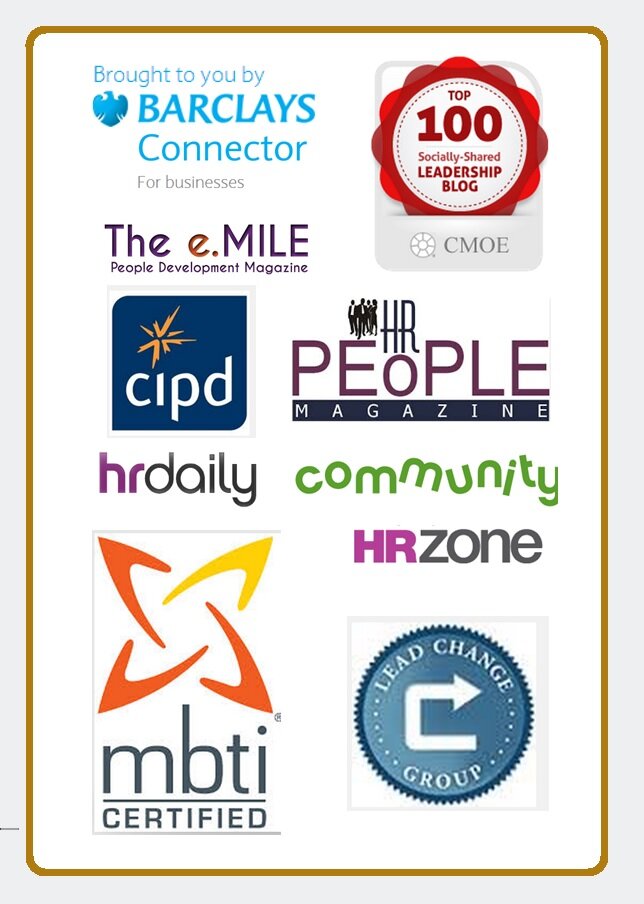10 Tips on How to get Focused When Multi- taskingI don’t know about you but I do struggle at times to feel in control when my “to-do-list” is over the page. Unfortunately while mindlessly reacting, I’ve developed an almost comic strip routine, a little like starting a new healthy eating regime, it only lasts a few days and then old habits usually take over. The routine goes like this: I draw up a new to-do-list; I prioritise it, and start working through it. What usually happens is an emergency occurs, or something unexpected becomes the priority of the day, and my carefully planned prioritisation goes out of the window. I spend a day or two trying to get through some bulk volume work, spend unplanned evenings catching up and then the whole cycle starts again. My 16 year old son has just started into 6th form, for a lad who simply hates homework, at least 16 hours of it each week is a big stretch; it’s a whole new paradigm shift for him, one which already into the 2nd week has become a source of stress. Of course he has to build habits which are going to help him to avoid being stressed. As I was giving him some advice about how to focus, I realised it was about time to take my own advice. So here I am writing this blog (on time) because yesterday, I began the process of practicing what I preached. I have heard many times that you learn best what you teach, so I thought in that spirit, I would share my advice with you! If you are ultra-organised and can add to the list, please do share! Any advice will help me I’m sure. Ten ways to get focused : 1. Turn off the technology With an array of teenage social media such as Snap chat, Instagram, Face book and IM, my son’s phone pretty much pings constantly. For me, my guilty time waster is to open emails when they ping into my inbox on my desk or laptop. This idea is as old as the first installed workplace computer, we all know we have to do it, but it takes some discipline and determination to ignore our ever increasing online communications. 2. Do one thing at a time I know, I know it’s not rocket science, but I do flit about from project to project at times. My son started some Psychology homework, got stuck and instead of getting over the “difficult hurdle” he put it down and started something else. Doing one thing at a time means doing it from start to finish, without being distracted with something else. To actually do this takes determination and concentration, but it is well worth it as even difficult tasks get ticked off. 3. Diarise non urgent tasks a month ahead If you have a million things to do and half of them are routine and definitely not going to be urgent in the next week or so, then diarise them a month in the future. I know it doesn’t get them off your list, but it gets them off your list for now. For me, it is like a breath of fresh air to know I don’t have to give those routine items a priority, and if I do happen to get up to date, I can always reach forward and get those things done and feel even more virtuous! 4. Chunk down daunting tasks My son had his first 1000 word essay to do; he was daunted to say the least (while I tactfully kept quiet about the 10k and 20k feats which might come if he goes onto higher education). If you are daunted by the size of the task, then chunk it down into manageable tasks. Put each smaller task into a series of priorities and complete each one in order. It is easier to concentrate on a task if you know it’s only going to take an hour or so, than when you know it’s going to take a couple of days. 5. Have a purpose When I have a mundane, but a priority task to do, I need a good purpose. So for example, when I got my tax return done earlier this month, I had to remind myself that if I got it done, not only would it not be hovering over me, like the ghost of Christmas Past, but I would be able to completely get focused on tasks I really love and enjoy. My son had to remind himself that he wanted to spend some of his weekend playing football and going out with friends, and not have to do homework instead. Having big picture purposes can help too, although tend not to be so effective, as small ones. At the moment, my son has a vision for his future, so he needs to remind himself that by focusing now, it will help him achieve his goals. 6. Don’t do it Ok, this tip isn’t about focus, but getting rid of unnecessary or habitual tasks helps to get you focused on the important and necessary tasks. If you can’t find a good reason to do it, other than, you always do, or its part of your routine, or you’re scared to let it go, then stop. 7. Be in the right environment We are lucky because we have a spare bedroom which my son is now using as his study. It means he can shut the door and escape from the hub-bub of the rest of the house. If you are in a busy office and can’t concentrate for interruptions and activity around you, then go somewhere else. I managed a busy office with over 80 employees on site, and as my door was wide open, I had a constant queue of people coming to see me. During one particular crisis we encountered, I was struggling to pull together an urgent report, when one of my dear team members, marched over, popped her head round the door and said, “excuse me, but this is for your own good”, and she shut the door and taped a “Do not disturb” sign on my door. Yes I should have done it myself of course, but being in reactive mode can sometimes be a lifelong habit. 8. Take a break If you get to a point where you are finding it hard going, take a break. Taking a break does not mean checking your phone or emails, it is about going to get a coffee, getting some fresh air or even practicing a five minute mediation. It is about quieting your mind, not populating it with fresh information 9. Establish a routine. If you are a morning person then getting through your priority tasks should be done as soon as you get to your desk, or as soon as you can. You know what times of the day you are most productive, don’t waste those times on routine non urgent tasks, reserve them for the things you really need to do to make a difference. Once you’ve established your time zone, then stick to it and make it a habit as prevalent as brushing your teeth. 10. Borrow tips My tenth tip is borrowed from a great mentor of mine, the eminently successful Peter Thomson, who is the UK’s most prolific Information Product Creator. So sorry, I don’t want to steal Peter’s thunder, so you will have to wait for this one, as I have interviewed Peter for the next issue of our monthly E-Zine “The Extra MILE” where he tells readers all about his work and in amongst his great advice he also shares his brilliantly simple tip to help people get things done, which is brilliantly effective! Do visit our website, and sign up for the E-zine to be sent directly to your inbox so you don’t miss out on Peter’s sage advice. Get our great new flipbook “30 Days To A More Motivated Team” when you sign up to receive regular updates from the e.MILE Community. Come find more about Leadership Development and our Great e.MILE Community (Motivate, Inspire, Lead and Engage). We love connecting with like-minded people, and we want to help you either get your message out, or you can search the directory for the expertise you need.
|
If you are a leader, you are continually developing and "Sharpening the Saw". If you lead and manage teams, then you must read about our Inspirational New Leadership Programme. Sign up now to find out more details when we launch in July 2014. There is no obligation to undertake the programme, if you sign up today, you will simply be sent more information about the programme. You can unsubscribe at any time! Click below to register for further information.








